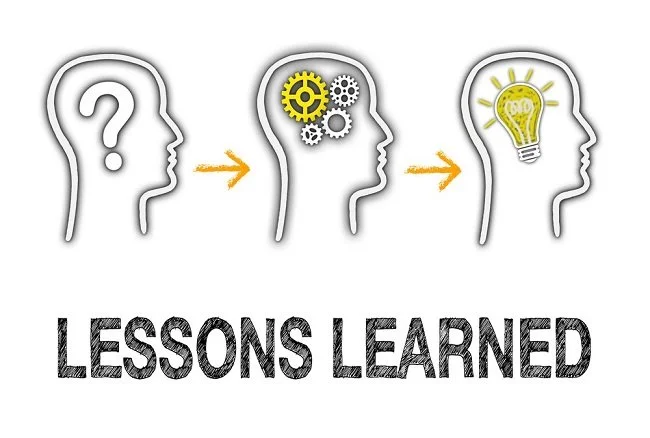My Writing Process (The Recipe Analogy)
Easha Dustfeather suggested a Blapril writing prompt to catalogue your writing process “as if it were a recipe”. I like this idea so I thought I’d give it a go. My process is one of two distinct halves. Ideas for blog posts come through a variety of means. Sometimes while thinking, one will spontaneously occur. More often inspiration is derived through reading other people’s content or by simply addressing current news issues. I have mentioned before how I keep an ideas list and continuously add to it. The next stage which I shall detail here, is how I take an idea forward and develop it into an orderly post. Again I must reference how I was taught to write up a Science Experiment at school and how that process has stuck with me over the years. This recipe idea has a lot of similarity to this which is why I think it inherently appeals to the way my mind works.
NB The example I shall be using here is for a real blog post that I shall publish the day after this one. Rather than deal with abstracts, I thought it would be more useful to show the development of a blog post from start to finish.
Stage 1: The Idea.
I saw a comment on a website in which the author claimed to be “Middle-aged”. They then admitted to being 67 years old. I thought this phrase could lead to an interesting discussion about age and everything that goes with it. The idea just popped into my head when I saw the phrase written down. Admittedly, semantics is a subject I’m interested in. Plus there’s an added social element to this because society seems to willfully misuse words these days and subvert their dictionary meaning. So to invoke the recipe analogy, the idea is effectively our intent to bake a cake. The nature of the idea determines what sort of cake.
Stage 2: Points and paragraphs.
With any blog post I write, I always like there to be some sort of structure, especially if debating a point. I often start with simple bullet points and then attempt to put more meat on the bones. So with a discussion about “Middle-aged”, I’ll cite differing perspectives on the subject and develop these into separate paragraphs. IE Age is a numerical construct. Therefore the middle can be broadly determined through mathematical means. However a counter argument would be based in ideas about societal notions about age. So within the terms of our recipe metaphor, this is about ingredients and finding the correct balance to achieve the blog post you desire.
Stage 3: Editing and polishing.
I always write first and edit afterwards. I find that spell checking and tweaking as I go greatly slows my writing. So I strive to get all relevant thoughts out of my head and onto the virtual paper quickly and then endeavour to whip them into shape. If something doesn’t work it goes and if I come up with something pertinent at a later stage, it gets neatly dovetailed into the proceedings. If a blog post is proving difficult or dealing with something potentially controversial, then leaving it and returning at a later point is sometimes necessary. A fresh perspective can help in finalising an article. I also like to take some time in choosing any pictures that are to go with a post. I see this process as adding the icing to a cake and fine tuning the presentation of a dish as we’re using a recipe analogy.
So this is the process I usually apply to writing my blog posts. Sometimes I will shoot straight from the hip and just write something right off the bat (the Omelette approach) but that’s not something I do often. I prefer a more structured approach. I was going to add a “Stage 4” about posting finished articles and promoting them on social media but I believe that really is a separate subject altogether and that self promotion deserves a post entirely to itself. Overall, I still like this recipe analogy due to the similarities between cooking and writing. Both are clear processes that require organisation and preparation. Additionally, both are ultimately more than the sum of their respective parts and dependent on an additional “je ne sais quoi”. Plus it is often down to others to determine whether you’ve been successful.




























